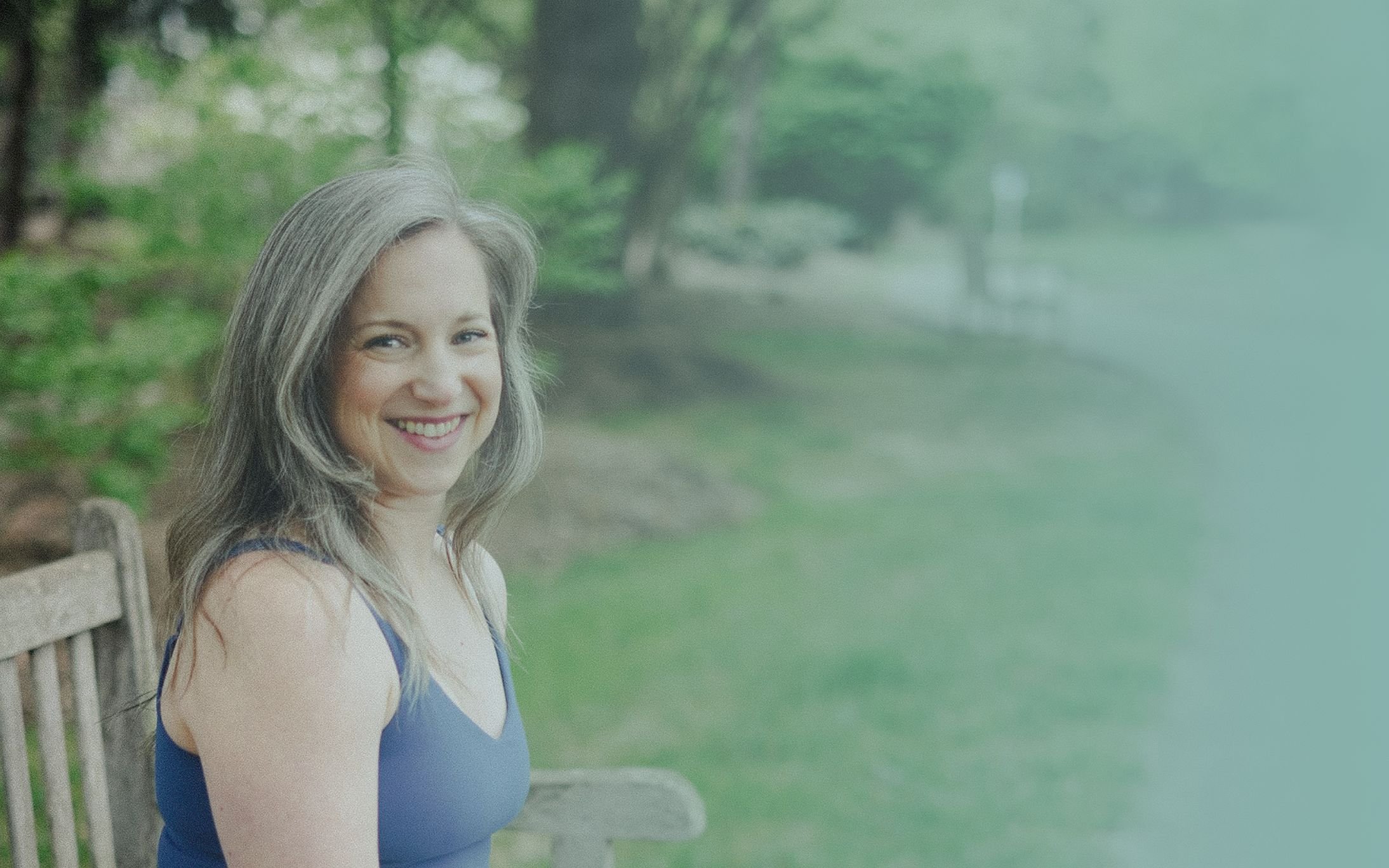
I’m here to support you.
Virtual Private Lessons
Yoga Teacher Mentoring
Virtual Group Yoga Classes
Welcome, I’m Francesca
I’ve been teaching private and group yoga since 2005.
I combine deep spiritual teachings with the latest in movement science and rehab research, all in a fun, breath-based movement practice. I love sharing my knowledge and experience with other yoga teachers to help them feel more confident in their teaching skills and find their authentic teaching voice.
My passion lies in the craft of teaching yoga as its own practice. My focus is on teaching yoga in skillful, nurturing, and accessible ways that makes the practice both supportive and meaningful.
Here’s how I can help you create a practice that is supportive and meaningful for you:
Virtual Yoga Studio
Practice yoga with our online community - from the comfort of your home (or wherever you are) - through my online studio, Stillness and Movement.
Yoga Teacher Mentoring
Get the support you need to evolve your yoga teaching career and create more impactful client sessions, with multiple options: Community Membership, Online Course, and 1-on-1 Mentoring.
Private Yoga Lessons
These personalized sessions are based on your body and your needs. And because they are taught virtually, you can practice anywhere that’s convenient.

“Yoga doesn't need you to show up in any particular way.
You don’t have to have a lot of energy or a quiet mind.
You don’t need to be strong or flexible.
We are not only invited, but welcomed to practice
in the middle of our messy lives,
just as we are right now.”
Client Love
Tune in to the podcast
The Mentor Sessions Podcast
With amazing guests or solo, I explore the craft of teaching yoga, as its own practice. I’m seeking answers to the questions about why we teach something the way we do, how we could be more expansive and inclusive in our teaching, and how we can continue to grow and evolve in our teaching practice.
Join me as I offer nourishing support to help you feel more confident in your teaching and realistic strategy to help you find more clarity on your career path.
Listen to my most popular episodes:
GET THE FREE DOWNLOAD
~
GET THE FREE DOWNLOAD ~
15 sequences to prep your students for Downward Facing Dog
The downloadable PDF is filled with video versions of each sequence PLUS an in depth look at the biomechanics involved in this common - yet complex - yoga pose.
Sign up with your email to get your copy of the 15 sequences below:








